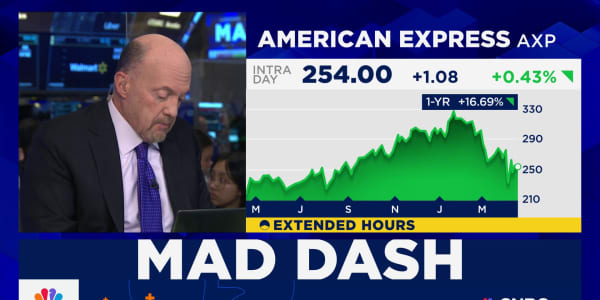Austin’s Bitcoin Commons: Where Conviction Meets Code
The Bitcoin Commons in Austin has emerged as a pivotal hub for founders and engineers who are leaving behind the security of Silicon Valley jobs to bet on open-source code, off-grid mining, and decentralized finance. This surge in innovation is largely buoyed by the regulatory optimism that has followed Trump’s pro-bitcoin pivot and initiatives like the Strategic Bitcoin Reserve.

For Mark Suman, a former senior engineering project manager at Apple, the Commons was more than just a gathering place—it was a catalyst for change. After attending the annual ‘Bitcoin Takeover’ event, Suman connected with developers working on the Mutiny project, which eventually led him to co-found Open Secret. This startup is reimagining how user data is stored in the cloud by encrypting data to individual users, thereby eliminating the honeypot effect in case of a breach.
The Commons serves as both a coworking space by day and a gathering place for rogue developers and off-the-record meetups by night. It’s a melting pot of venture capitalists, open-source contributors, off-grid energy technicians, and Lightning engineers. The atmosphere is electric, with a shared conviction in the importance of bitcoin as a technological innovation.
Regulatory Shifts and Market Optimism
The recent regulatory landscape shift under Trump’s administration has significantly impacted the mood within the Commons. The establishment of a Strategic Bitcoin Reserve, the pardon of key figures in the crypto space, and moves towards clearer regulatory frameworks have all contributed to a bullish sentiment.
“Bitcoin is the most important technological innovation in any of our lifetimes, and it needs its due,” said Parker Lewis, one of the stewards of the Commons. This sentiment is echoed in the growing venture investment in bitcoin-related startups, which saw a 50% increase in pre-seed deals in 2024.
Building the Future of Bitcoin
The Commons is not just about ideological support; it’s a hub of tangible innovation. Startups like Unchained, which helps clients store bitcoin securely, and Anchor Watch, which is working on insuring bitcoin as an asset, are making significant strides. The demand for better infrastructure and security is growing, driven by the potential of bitcoin to be treated as a financial asset on insurance company balance sheets.
Mike Schmidt of Brink emphasizes the critical need to support open-source developers maintaining bitcoin’s core infrastructure. “We have a $2 trillion asset… there’s just this small group of engineers that are keeping this thing together at the code base,” Schmidt noted, highlighting the importance of funding and supporting these developers.
Challenges and Opportunities Ahead
While the current administration’s stance on bitcoin has been favorable, there’s a cautious awareness of the risks associated with government involvement. Joe Kelly of Unchained points out the potential downsides of the U.S. government holding a significant amount of bitcoin, suggesting that caution is warranted despite the optimistic climate.
As the industry continues to evolve, figures like Senator Lummis are pushing for legislation like the Bitcoin Act to provide regulatory clarity and cement bitcoin’s role in the U.S. economy. The future remains uncertain, but for those at the Bitcoin Commons, the potential to build something new and meaningful is worth the risk.
For Suman and others, leaving secure jobs to pursue bitcoin-related ventures is both a career gamble and an existential commitment. The Commons represents a convergence of ideals, innovation, and risk-taking, driven by a shared vision of a more decentralized financial future.


